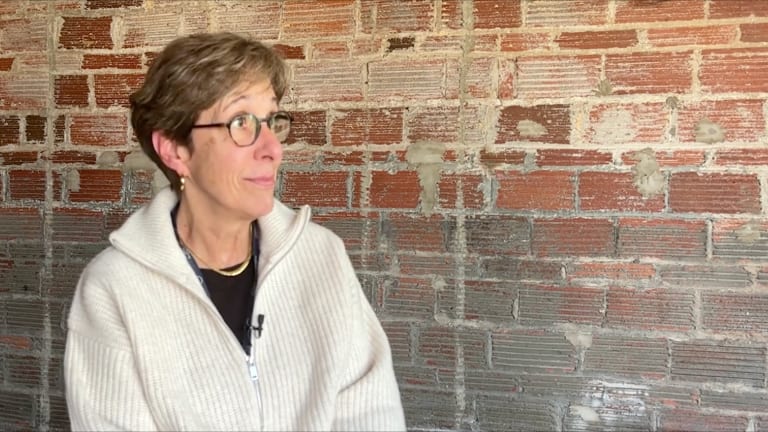For FHI 360, as for many international NGOs, this year has brought change at a scale that would scarcely have been believable just 12 months beforehand.
“We have lost, over the course of this year, in a few months, half our revenue,” Tessie San Martin, CEO of FHI 360, said at a Devex Impact House event on the sidelines of the 80th United Nations General Assembly. “But the good news is that leaves half our revenue, right? And so I’m going to take that as a positive.”
She said that rather than rail against what had happened, the scientific research and application INGO was looking at ways to become more agile and do things differently.
This story is forDevex Promembers
Unlock this story now with a 15-day free trial of Devex Pro.
With a Devex Pro subscription you'll get access to deeper analysis and exclusive insights from our reporters and analysts.
Start my free trialRequest a group subscription







